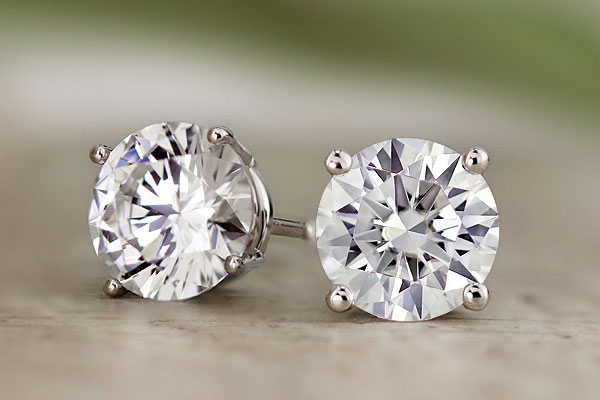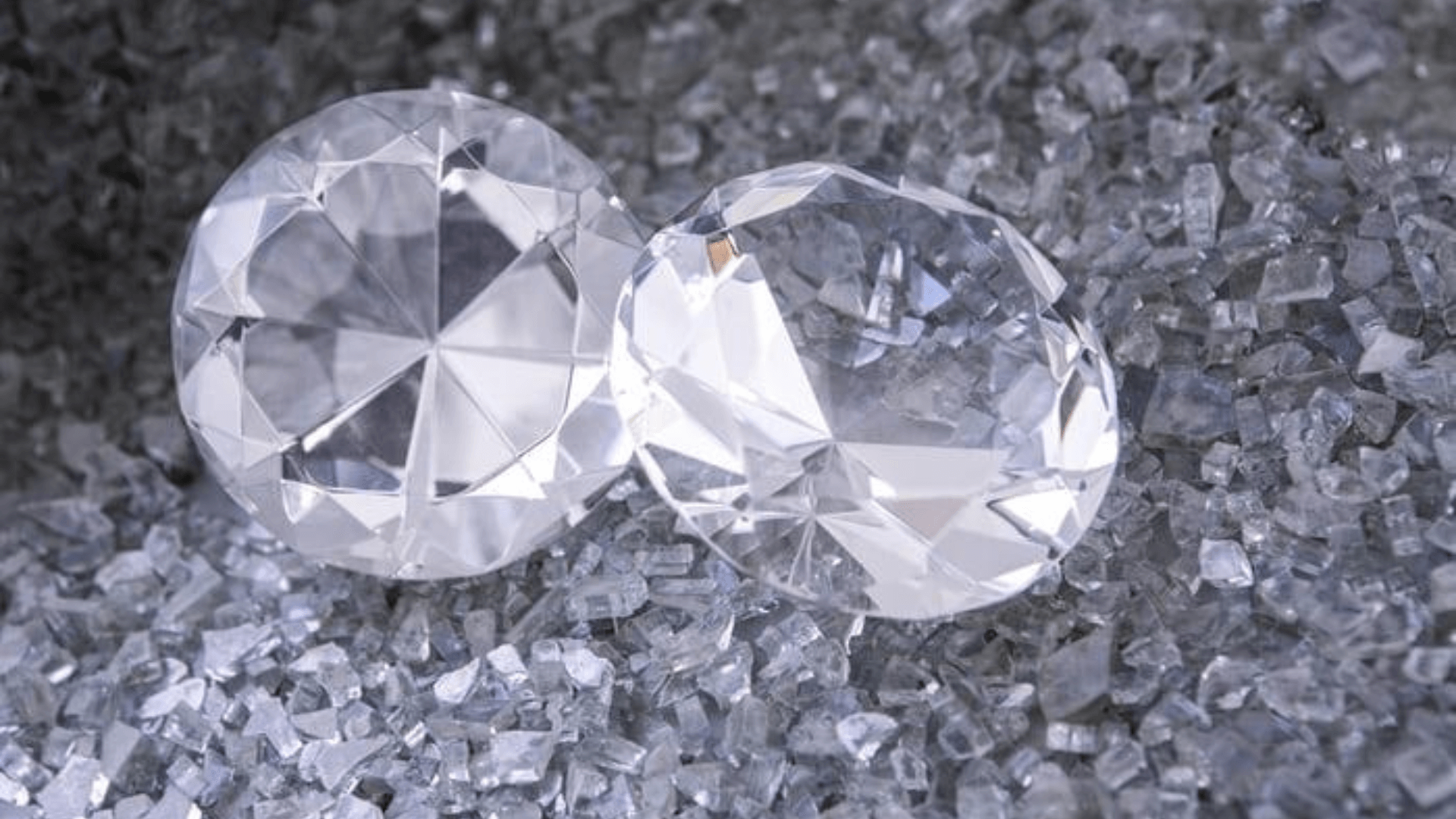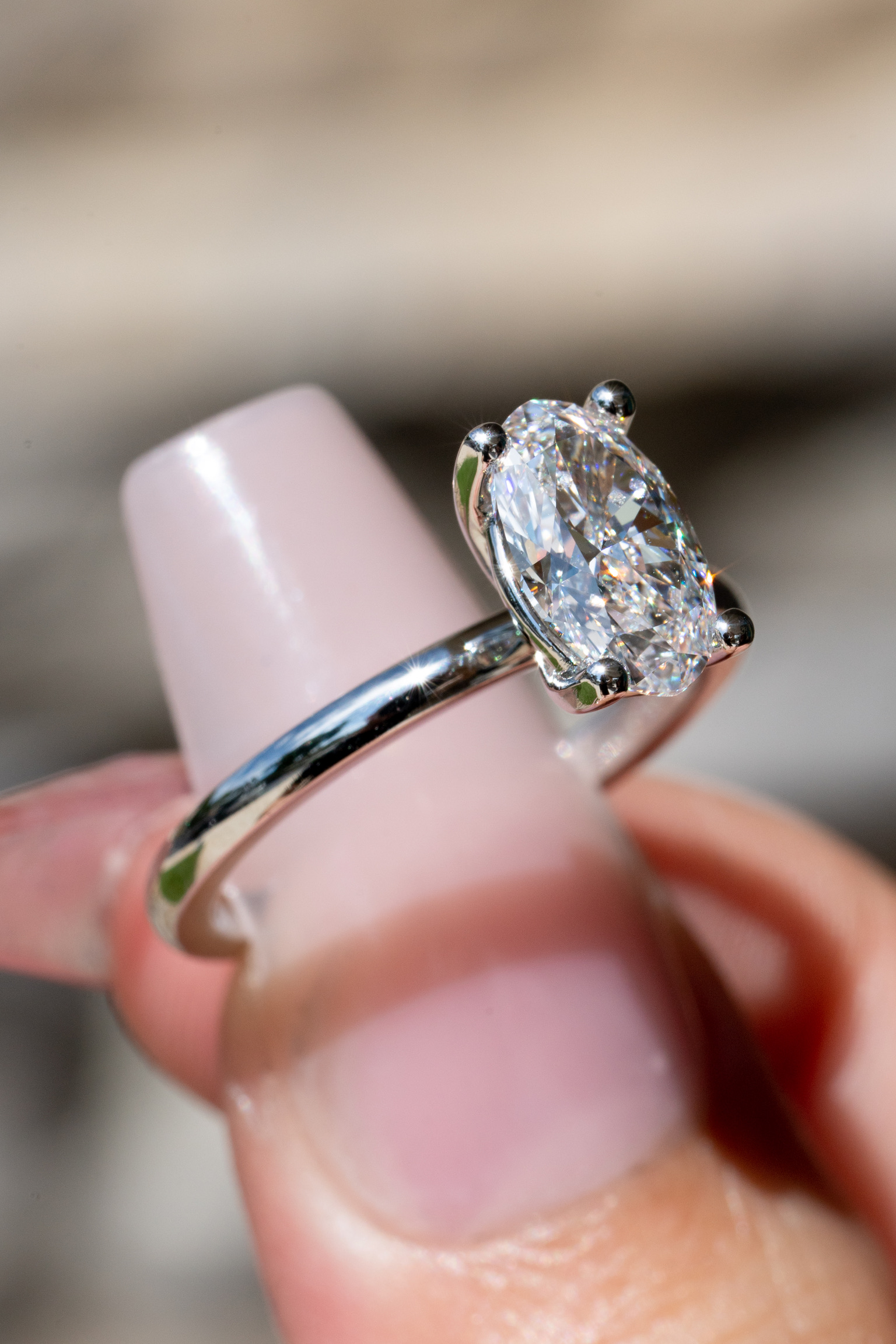Table of Contents
Introduction to Diamond Grading
What is Diamond Grading?
Diamond grading is a critical process that assesses the quality of a diamond. This evaluation determines the diamond’s value based on various factors including cut, color, clarity, and carat weight, commonly referred to as the “Four Cs.” Each diamond’s unique characteristics are meticulously examined to ensure accurate assessment.
Importance of Certification
Certification provides assurance that the diamond has been evaluated by a reputable and impartial organization. It acts as a guarantee of authenticity and quality, which is crucial when making such a significant investment. Without certification, buyers might be uncertain about the true value and quality of their purchase.
Overview of IGI and GIA
What is IGI?
The International Gemological Institute (IGI) is one of the largest and most recognized gemological organizations globally. Founded in 1975, IGI is renowned for its comprehensive gemological services including diamond grading, gem identification, and jewelry evaluation.
History and Background
IGI was established in Antwerp, Belgium, and has since expanded to numerous locations worldwide. Its mission is to provide accurate and reliable grading while fostering consumer confidence in the gemstone industry. Over the years, IGI has gained a reputation for its expertise and thoroughness.
IGI Certification Process
IGI employs a rigorous grading system that evaluates diamonds based on the Four Cs. The process includes detailed examination under magnification, assessments by experienced gemologists, and thorough documentation of the diamond’s attributes. This comprehensive approach ensures a high standard of accuracy.
What is GIA?
The Gemological Institute of America (GIA) is another leading gemological organization known for its diamond grading and gemological research. Founded in 1931, GIA is celebrated for its pioneering contributions to gemology and its commitment to education and research.
History and Background
GIA was established in Los Angeles, lab created diamonds, California, and has become a global authority in gemological science. Its foundational work in developing the modern diamond grading system has made it a cornerstone in the industry. GIA’s reputation is built on its scientific approach and commitment to transparency.
GIA Certification Process
GIA’s certification process is known for its strict adherence to the Four Cs. Each diamond undergoes a detailed evaluation by trained gemologists, who use advanced tools and techniques to ensure accuracy. GIA’s grading reports are highly detailed, providing in-depth information about the diamond’s quality and characteristics.
Key Differences Between IGI and GIA
Grading Standards and Criteria
Both IGI Vs GIA use the Four Cs as the foundation for their grading systems. However, there are subtle differences in how these criteria are applied. GIA is often praised for its stringent grading standards and consistency, while IGI is known for its comprehensive approach and global reach.
Global Recognition and Credibility
GIA is widely recognized and respected across the globe for its rigorous grading standards and transparency. Its certificates are often considered the gold standard in the industry. IGI also holds a strong reputation, particularly in markets outside the United States, and is known for its thoroughness and broad network of offices.
Cost and Accessibility
Generally, GIA certificates can be more expensive due to the institute’s high standards and extensive research capabilities. IGI, while also reputable, may offer more accessible options for consumers and retailers alike. The choice between the two can also depend on geographic location and availability of services.
Choosing Between IGI and GIA
Factors to Consider
When deciding between IGI and GIA, consider your personal preferences, the intended use of the diamond, and your budget. Both organizations offer reliable certification, but their grading standards and recognition might influence your decision.
Personal Preferences
Some buyers may prefer GIA for its prestigious reputation and stringent grading standards, while others might opt for IGI for its comprehensive services and accessibility. It’s important to choose the certification that aligns with your needs and expectations.
Budget Considerations
Budget plays a significant role in the decision-making process. GIA’s higher certification costs might be a factor for some buyers, while IGI’s potentially more affordable options might appeal to others. Balancing your budget with the desired level of certification can help guide your choice.
How Certification Affects Diamond Value
Impact on Resale Value
A diamond’s certification can significantly impact its resale value. GIA-certified diamonds often command higher prices in the resale market due to the institute’s esteemed reputation. IGI-certified diamonds, while still valuable, may not always achieve the same resale value as those with GIA certification.
Influence on Retail Price
Retail prices can also be influenced by the type of certification. Diamonds with GIA certification may be priced higher due to the perceived prestige and reliability of GIA’s grading system. IGI-certified diamonds might offer a more cost-effective option while still providing quality assurance.
Conclusion
When choosing between IGI and GIA, understanding the differences in their grading processes, global recognition, and cost can help you make an informed decision. Both IGI and GIA offer valuable certification services, each with its strengths and considerations. Ultimately, selecting the right certification depends on your personal preferences, budget, and the level of assurance you seek in your diamond purchase.


:max_bytes(150000):strip_icc():format(webp)/blue-solar-panels-1226088001-cee91a7ba920447280aed1d081b44859.jpg)

